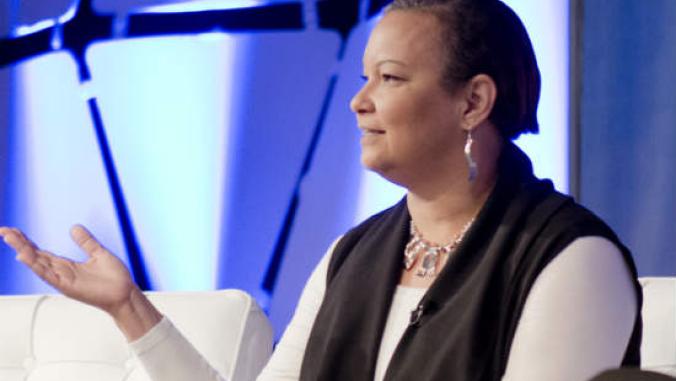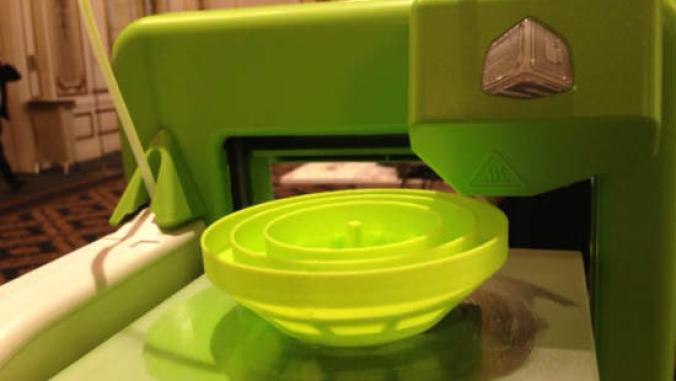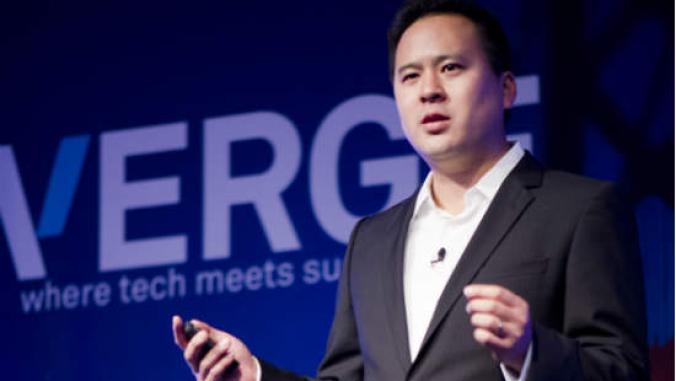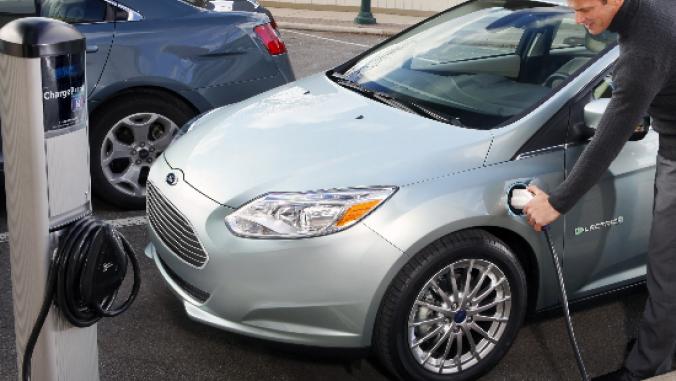Why Bottle Recycling in US is Still Just a Drop in the Bucket
<p> Although drink companies opposes can and bottle desposits -- which create the highest recycling rates -- there's tenative support for recycling programs funded by industry.</p>

Cans image CC-licensed by Orin Zebest/Flickr
The highest recycling rates for cans and bottles in the U.S. go hand-in-hand with deposit programs. Beverage companies, though, are mainly opposed to such programs, but a couple have taken small steps in supporting a concept that would require companies to fund recycling programs, As You Sow says in its latest report on drink container recycling.
Meanwhile, industry recycling partnerships and company-created bottle collection programs have made little headway in diverting recyclable packaging from landfills, says the non-profit's 2011 Waste and Opportunity report, which also scores companies on their recycling actions and goals.
"(An extended producer responsibility program) seems to be the best way to move the needle," said Conrad MacKerron, director of As You Sow’s corporate social responsibility program, "because it would get all other players in packaging involved.
Extended producer responsibility (EPR) is a concept that requires companies that make products or packaging to fund or run programs that collect and recycle or dispose of those materials. The drive behind the idea is for the original producers of what becomes waste to be responsible for the costs associated with collecting and handling trash, instead of having the burden fall on city and local governments.
While EPR programs for packaging exists in other countries, they've received less attention in the U.S., but As You Sow sees a slight change due to statement from Nestle Water and Coca-Cola that have expressed support for the EPR concept.
"We hope that there will be momentum. They need to build a critical mass and get other companies involved," MacKerron said. "We think that they've been quietly discussing it with peers, so there hasn't been a big public push yet."
Nestle and Coca-Cola are two of the highest-scoring companies rated in the report. Out of 45 companies As You Sow sent surveys to, 10 responded, and only seven got scores higher than F's:
- Nestle Waters North America - B-
- PepsiCo - B-
- Coca-Cola Company - B-
- Red Bull GMBH - C+
- Starbucks Corporation - C
- New Belgium Brewing Company - C-
- Dr Pepper Snapple Group - C-
Companies are rated on if they've conducted life cycle assessment of packaging, calculated the carbon dioxide equivalent emissions related to their packaging, reduced packaging materials, used and set goals for recycled content, used recyclable materials, and created industry or company recycling goals and strategies.
Adding onto Nestle and Coca-Cola's support of EPR programs, the survey sussed out a few features companies would generally support in a national recycling program: Internalization of environmental externalities (in this case, EPR, but the concept applies to carbon taxes and waste production fees), fees that are paid by producers and included in the price of products, and fees that are set by industry.
EPR programs are more desirable to beverage companies because they would include companies that don't make drinks, but produce food products that are packaged in the same recyclable materials drinks are. Companies that operate internationally also already deal with EPR programs in places like the European Union and Japan.
Deposit programs are mainly opposed by companies, even though they are connected to the highest beverage container recycling rates. While the overall U.S. rate is 29 percent, the rates in the 10 states with deposit laws have collection rates ranging from 66-96 percent.
"Soft drink and water companies will tell you it's an unfair tax on them that their peers aren't required to pay," MacKerron said. Each state varies in how their deposit program operates, with companies paying the deposit cost per container or other handling fees. Another point of contention, he said, is that some states take money left over from unclaimed deposits and add it to their general funds. Companies are more supportive, MacKerron said, of programs that funnel that money to recycling efforts.
Some companies have developed their own recycling programs or gotten involved with partnerships to make some effort to increase recycling. So far, though, those efforts haven't made much of a dent, As You Sow says.
Recyclebank offers incentives in the form of discounts from partner companies to people who recycle at home, based on the weight of products recycled. Greenopolis is another incentive-based program, but instead operates with kiosks for people to scan and dump containers at.
PepsiCo, on the other hand, created its Dream Machine program, which also involve machines where people drop off their recyclables and Coca-Cola has its Reimagine reverse vending machines.
"Although these partnerships are popular, at present they are having no substantive impact on overall recovery rates in the U.S. where, in one year, 224 billion beverage containers weighing 14 million tons are generated," As You Sow's report says.
Cans image CC-licensed by Orin Zebest/Flickr





